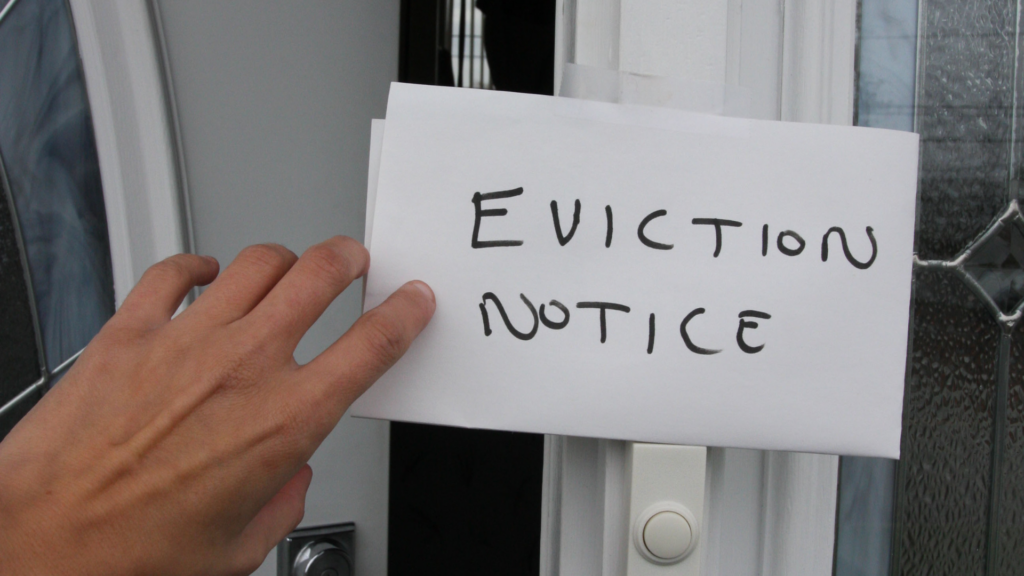
What is The Ellis Act?
In the realm of landlord-tenant law, there are several critical regulations that shape the rights and obligations of both landlords and tenants. One such important law in Los Angeles is the Ellis Act. Understanding the implications and provisions of the Ellis Act is crucial for both landlords and tenants operating in the city. This blog post aims to shed light on the key aspects of the Ellis Act and its significance in the landlord-tenant relationship in Los Angeles.
What is the Ellis Act?
The Ellis Act, passed by the California State Legislature in 1985, provides landlords with the legal right to evict tenants from their properties for the purpose of withdrawing the rental units from the market altogether. This law allows landlords to exit the rental business by permanently removing their properties from the rental market, typically with the intention to sell or repurpose them.
- Grounds for Eviction:
Under the Ellis Act, a landlord can only evict tenants if they intend to go out of the rental business entirely. The law prohibits landlords from evicting tenants for any other reason, such as rent increase or personal use of the property. It’s important to note that the Ellis Act does not allow eviction for the sole purpose of converting the rental units into short-term vacation rentals. - Tenant Protections:
While the Ellis Act provides landlords with the right to withdraw rental units from the market, it also offers certain protections for tenants. Landlords must follow specific procedures and timelines when initiating an Ellis Act eviction. They must provide tenants with a written notice at least 120 days before the termination of their tenancy. Additionally, tenants have the right to relocate assistance and may be entitled to monetary compensation. - Relocation Assistance:
Under the Ellis Act, tenants who are displaced due to eviction are eligible for relocation assistance. The amount of relocation assistance is determined by the Los Angeles Housing and Community Investment Department (HCIDLA) and is subject to change based on various factors. It is crucial for landlords to comply with the HCIDLA’s guidelines and provide the appropriate relocation assistance to tenants. - Tenant Rights and Legal Recourse:
Tenants facing eviction under the Ellis Act have the right to challenge the eviction if they believe the landlord is not complying with the law. Seeking legal counsel is advisable for tenants who wish to contest an Ellis Act eviction or ensure they receive proper relocation assistance. Understanding tenant rights and the legal recourse available can help tenants protect their interests and navigate the eviction process effectively.
The Ellis Act plays a significant role in shaping the landlord-tenant relationship in Los Angeles. Landlords have the right to exit the rental business by evicting tenants under this law, while tenants are entitled to specific protections and relocation assistance. Staying informed about the provisions of the Ellis Act and seeking legal advice when needed can help landlords and tenants understand their rights and obligations under this important landlord-tenant law in Los Angeles.
